Siyavash Shahabi
-
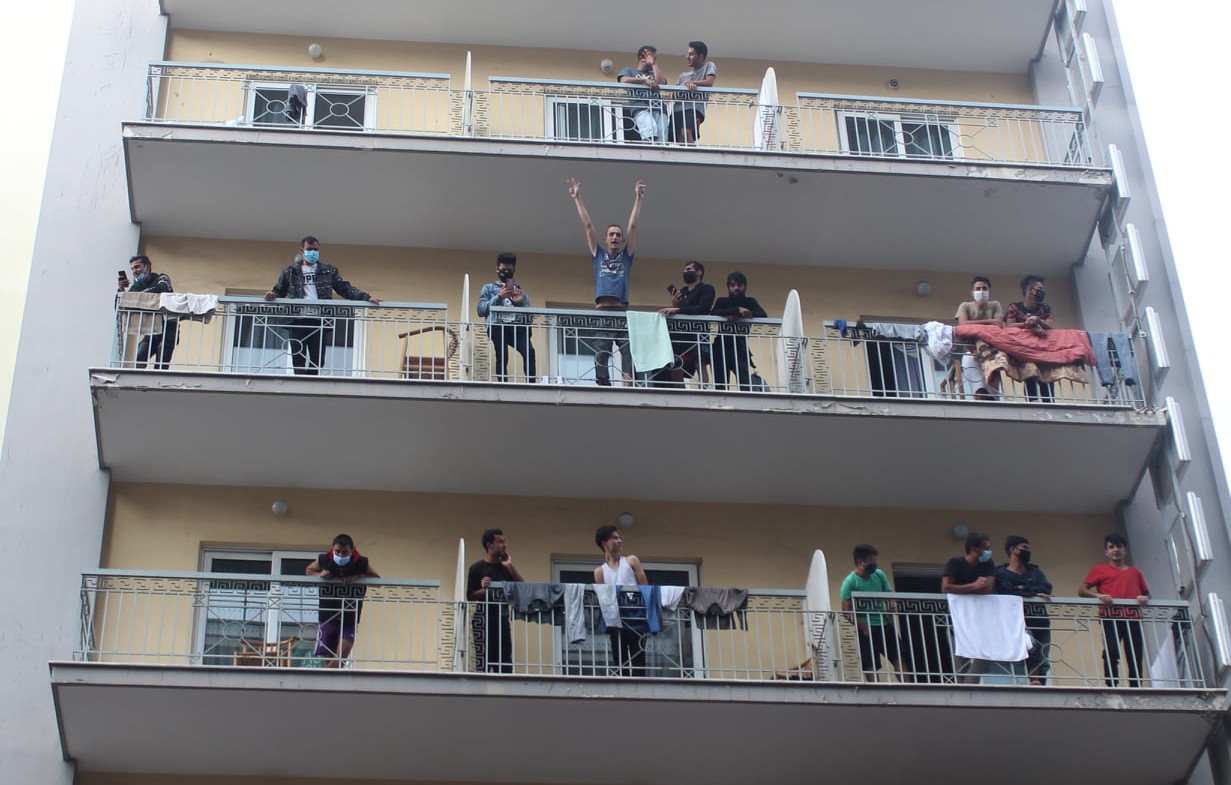
We Were Never Meant to Belong
•
Photo: Refugee temporary accommodation by IOM, Athens, November 17, 2020. In Iran, when the last days of a administrative come around, they do not go out with humility. No. They celebrate. They build stages and stand behind microphones, handing each other awards and shaking hands like they just saved the…
-
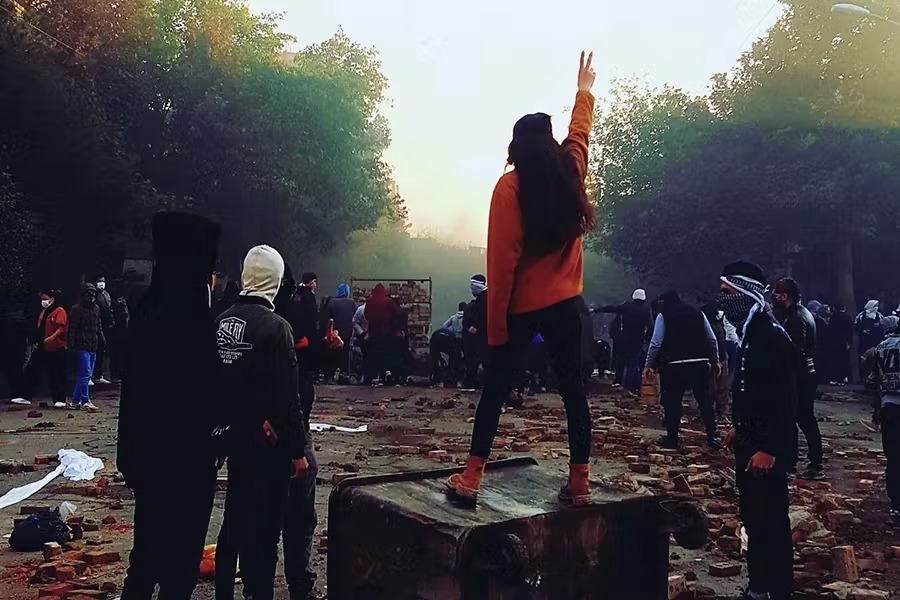
Support Independent Writing on Iran
•
I started this space with a simple but urgent goal: to speak freely and honestly about Iran, beyond the headlines, beyond the usual narratives. Inspired by James Baldwin’s The Fire Next Time, this blog exists for difficult conversations, for challenging power, and for amplifying the struggles of those too often…
-
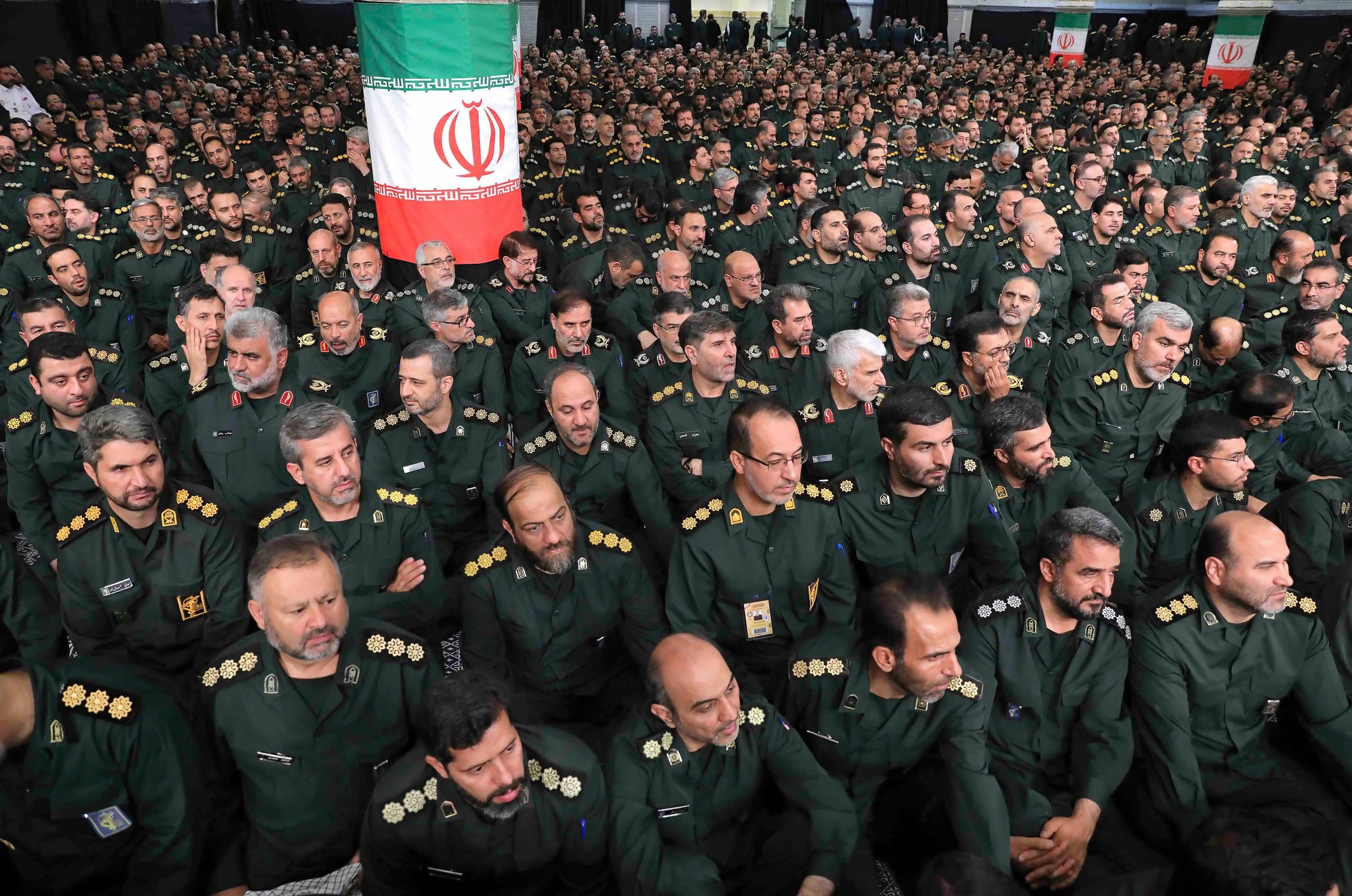
State-Sanctioned Murder: Islamic Regime Covert War Against Dissenters
•
The room was tense. It was the second day of the interview, and Brigadier General Mohsen Rafiqdoust, the man who had once controlled Iran’s vast military supply chain, sat across from journalist Abdollah Abdi. He had already spoken candidly about many things, but this question—this one shifted the air in…
-
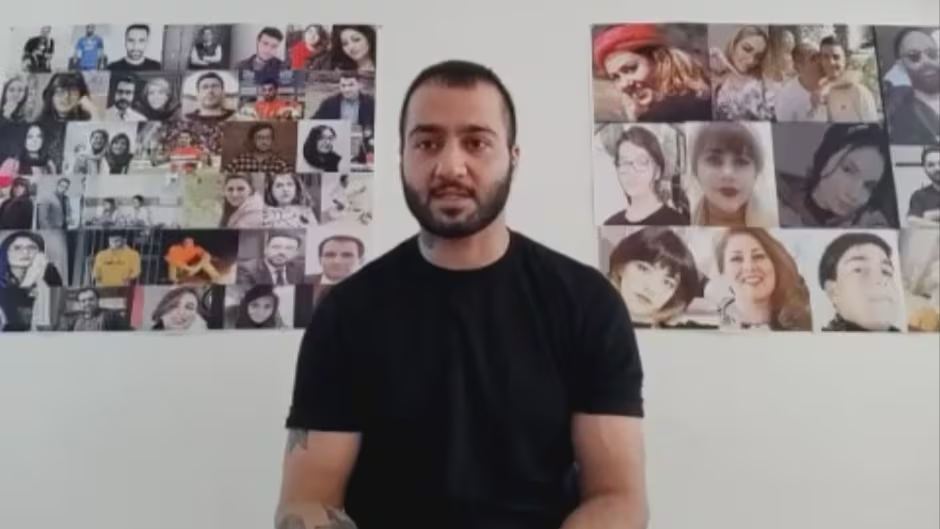
The Monarchist-IRGC Bloc and the Suppression of Iran’s Opposition
•
The polarization of Iranian society is intensifying. What is unfolding is not a chaotic battle of competing factions but a deliberate convergence of reactionary forces. The IRGC and monarchist groups, though seemingly at odds in ideological rhetoric, are engaged in a joint effort to eliminate political dissidents. The IRGC carries…
-
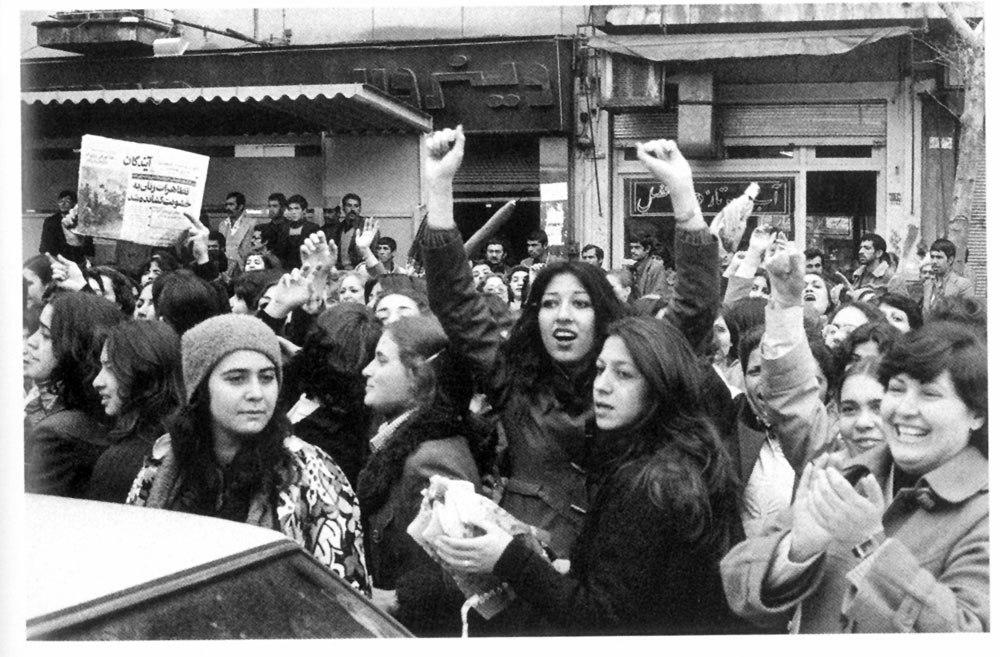
The War on Women: Beyond the Hijab of Erasure
•
In the pages of ancient manuscripts, beneath the delicate strokes of ink and gold, there is an instrument that appears again and again. Held in the hands of scholars, navigators, and mathematicians, it gleams in the soft candlelight of medieval scriptoria. The astrolabe—an intricate map of the heavens, a device…
-
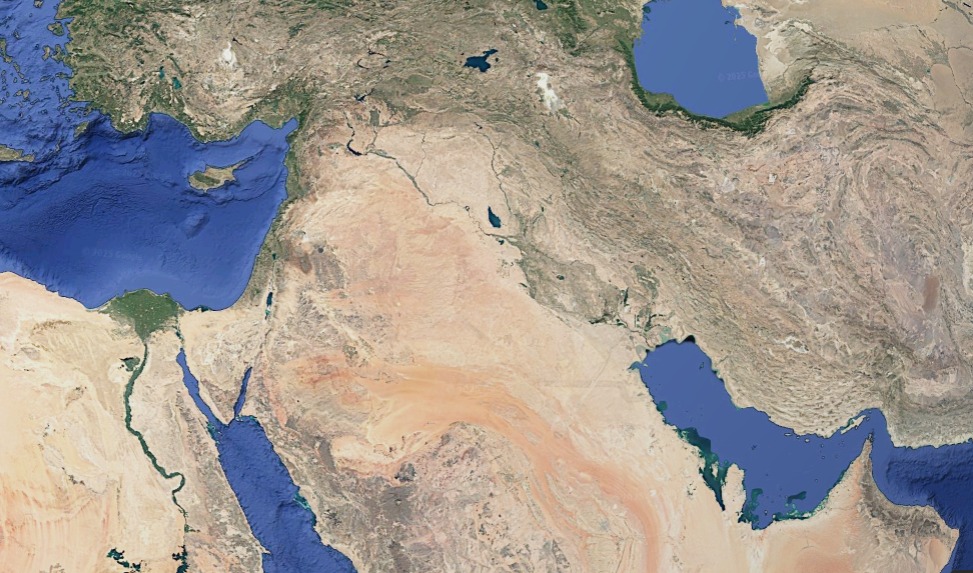
The Curse of Oil, the Weight of History
•
The article “Iran in the Context of the Middle East – A Concise Analysis of the Situation” (published in Persian) by Mohammadreza Nikfar presents a sweeping historical and political analysis of the Middle East, tracing the region’s cultural layers, its historical aspirations, and its present-day struggles. The author argues that…
-
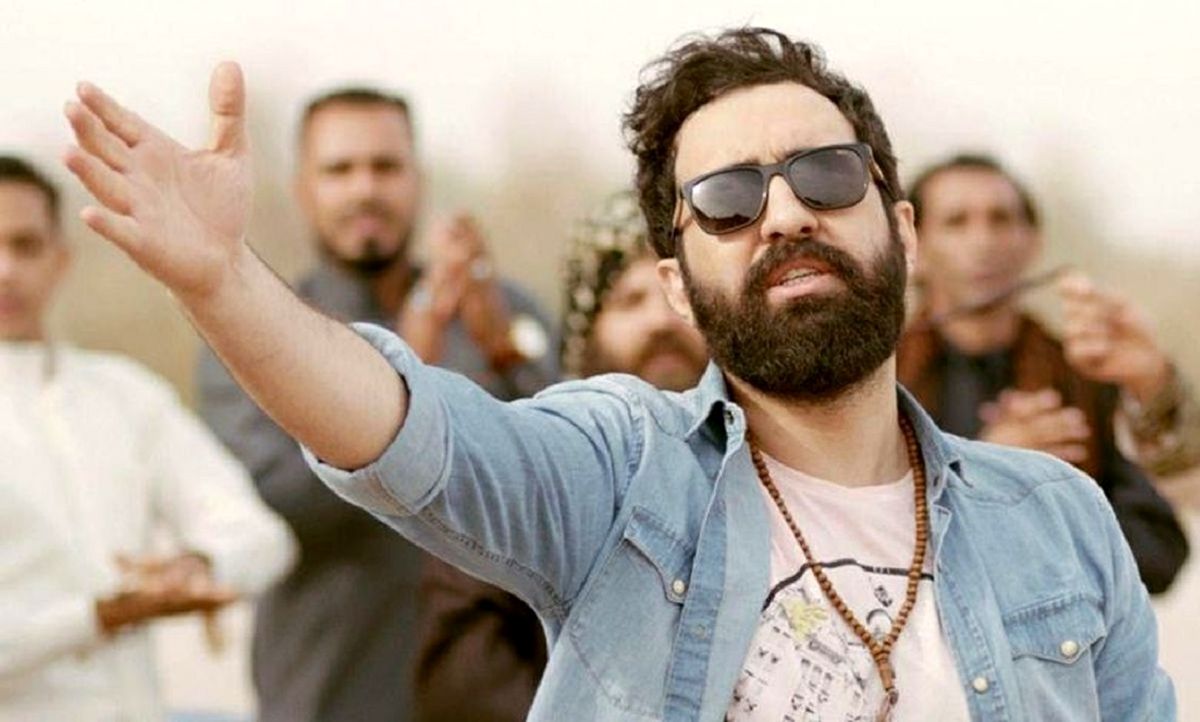
Lashes of Tyranny: The Suppression of Mehdi Yarrahi
•
Mehdi Yarrahi, the Iranian protest singer, has once again become a symbol of defiance after enduring 74 lashes for his music. His crime—singing “RooSariTo”, a song in solidarity with the “Woman, Life, Freedom” movement—led to his arrest, imprisonment, and a brutal punishment carried out by the Islamic Republic’s judiciary. His…
-
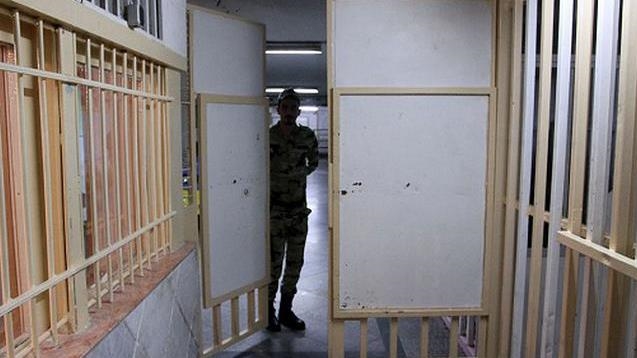
The Trial That Could Change Iran’s Future
•
Iran’s modern history is a story of unbroken state repression. From the monarchy of Mohammad Reza Pahlavi to the theocratic rule of the Islamic Republic, prisons have remained instruments of control, torture has been routine, and dissent has been met with bullets and gallows. The names and slogans have changed,…
-
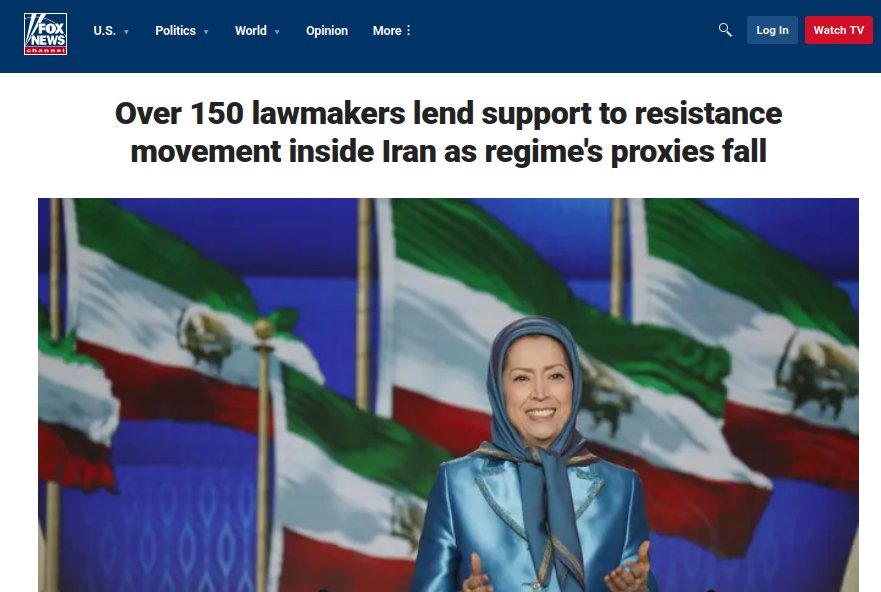
The MEK: Ghosts of the Past, Agents of the Present
•
During the tumultuous days of the Woman, Life, Freedom movement, one absence was glaring—the Mojahedin-e Khalq (MEK), an organization that otherwise seizes every opportunity to wave its banners and flood European streets with hollow slogans. In Vienna and other European cities, where protests erupted daily, the MEK was nowhere to…
-
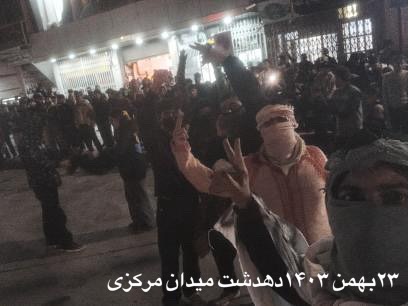
The Structural Roots of Resent Protests in Iran
•
Over the past week, for several consecutive nights, the city of Dehdasht in Kohgiluyeh and Boyer-Ahmad province has witnessed widespread protests against recurring power outages, economic hardships, and government repression. These protests were met with a harsh crackdown by security forces and police. Regime-affiliated sources attempted to portray the protests…
-
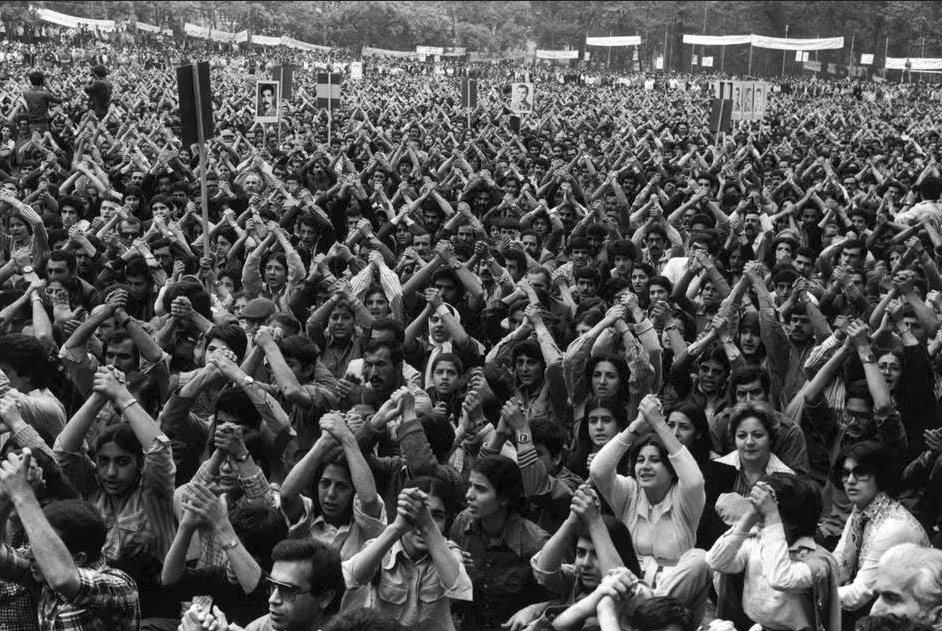
Nostalgia vs. History: Why the Iranian Revolution Was No Accident
•
Khosrow Sadeghi Boroujeni’s article critically dismantles revisionist narratives that seek to erase the realities of Iran’s pre-revolutionary era while blaming the 1979 revolutionaries for the rise of the Islamic regime. He challenges both monarchist nostalgia and reformist pragmatism, exposing how these perspectives manipulate historical memory to serve political agendas. Boroujeni…
-
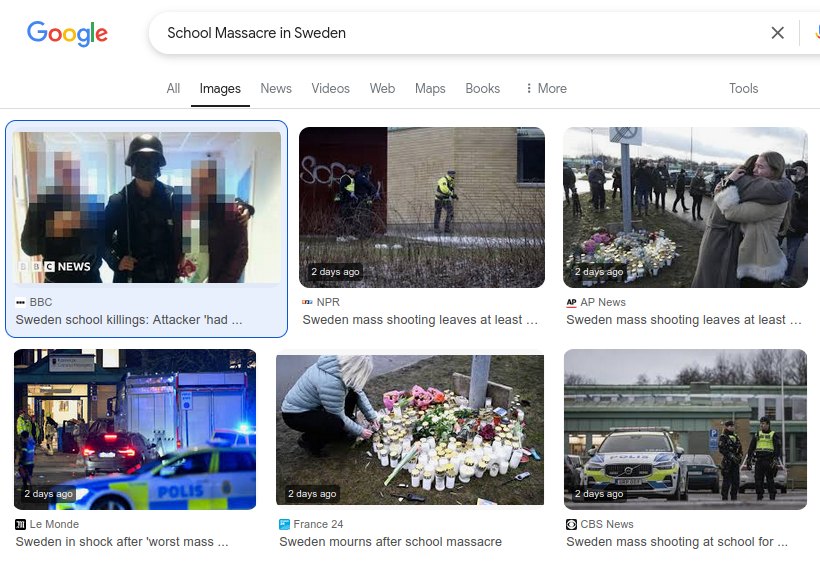
Hate Takes Aim: A School Massacre in Sweden
•
Sweden has changed. The welfare state that once defined it has been chipped away, replaced by widening gaps between the privileged and the discarded. The political class, unwilling to face the deeper economic roots of social decay, has allowed xenophobia to become the easy answer. And as waves of refugees…



